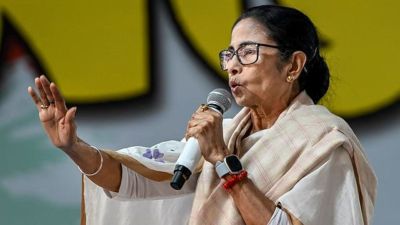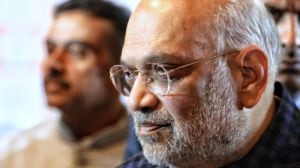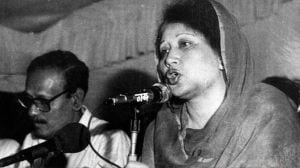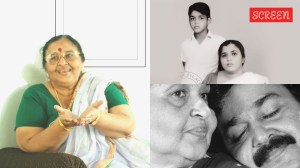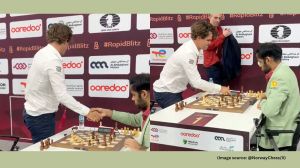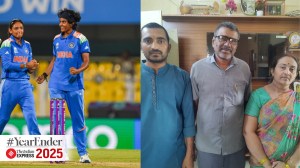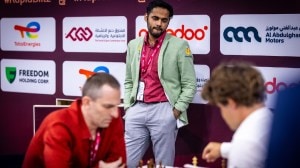A community called Koli
There are signs of political mobilisation of the numerically significant Kolis. What could it mean for the electoral outcome in Gujarat?

Apart from the upper caste Patidars, another major group that has challenged the supremacy of the Modi government is the OBC Koli community, estimated to constitute over 22 per cent the state8217;s population. The ruling party may find the going tough in elections later this year if significant sections of the Patidars and Kolis drift away from it.
The Kolis are evenly spread across all regions of the state. Socially, they are divided into several sub-sections like Chumadia Koli, Tadapada Koli, Patanvadia Koli, Baria Koli, Thakor Koli and Koli Patel. Occupationally, there are two sections: sea-based Kolis those settled in the long coastal belt and engaged in fishing activities and land-based Kolis small and marginal farmers and landless labourers.
According to the state OBC commission, there are 136 castes identified as OBC and the Kolis constitute around 40 per cent of the total OBC population. In Saurashtra, which sends 58 out of 182 members in the assembly, Patidars and Kolis together dominate 45 seats.
Politically, the Kolis were traditional voters of the Congress till 1998 see table. In fact, this group was an important constituent of KHAM, a social alliance the Congress engineered in the state from the mid-70s to mid-80s.
For the Kolis, KHAM brought upward social mobility and they acquired the status of Kshatriya deemed to be OBCs in Gujarat. For the Congress, it was a powerful strategy to counter the domination of the upper castes. Madhavsinh Solanki, who implemented KHAM, belongs to the OBC Kshatriyas.
However, with the rise of Hindutva forces in the state, the BJP began actively wooing the Kolis in the mid-80s. Two important leaders, Shankersinh Vaghela, an upper caste Rajput but who has always allied with the OBC castes, and Somabhai Patel, presently a dissident MP from Surendranagar, played a vital role in weaning Kolis and other OBC communities from the Congress. Somabhai was the first Koli MLA to be voted on a BJP ticket in the 1985 assembly polls.
A significant section of the Kolis moved to the BJP in the 1990s. In the 1998 assembly polls, the BJP fared very well in Koli dominated seats; and that performance improved in the 2002 assembly polls.
But though numerically important, the community has remained under-represented in proportion to its numerical strength in the BJP regime. Under the Hindutva umbrella, they have been dominated by upper castes like the Patidars. Despite being the largest OBC community, the number of Koli MLAs has not crossed 30 while the Patidars have always achieved larger representation in the BJP.
More importantly, unlike the Patidars who have a strong sense of social identity, the Kolis have remained divided along regional lines. For example, the Kolis of Saurashtra went over to the BJP early while the Thakor and Baria Kolis of north and central Gujarat have been loyal to the Congress.
In recent times, the Kolis seem to have realised the importance of political power. Perhaps this explains the growing clout of leaders like Parshottam Solanki.
Solanki, a minister in the Modi government, was a former gangster of the Mumbai underworld and was indicted by the Srikrishna Commission for the Bombay riots. He joined the BJP before the 1998 Assembly polls and during the 2002 assembly election, he was the only leader after Modi to be provided a chopper by the BJP for campaigning in Koli dominated areas of the state.
At present, most of the Koli leaders in the BJP 8212; except Solanki and his brother Hirabhai 8212; are at loggerheads with Modi. Dissident MP Somabhai has organised all the Koli leaders from the BJP and Congress on to a common platform against Modi. Though Modi has tried to divide the community, he has not succeeded so far.
The new aspiration for political power in the Kolis was manifested in the agitation launched by the community following the alleged rape and murder of two Koli girls near the Datar shrine in May. The community came together, against Modi.
It remains to be seen whether this mobilisation is sustained till the elections.
The writer teaches at Gujarat University, Ahmedabad
- 01
- 02
- 03
- 04
- 05


